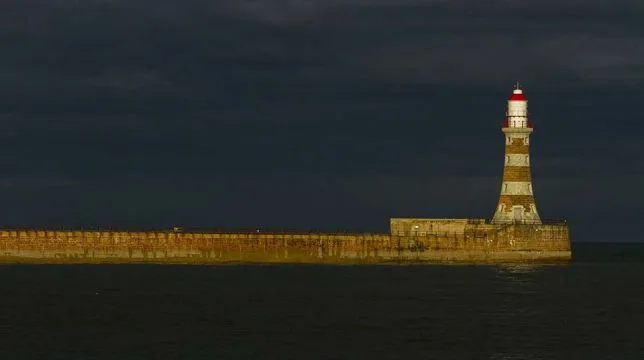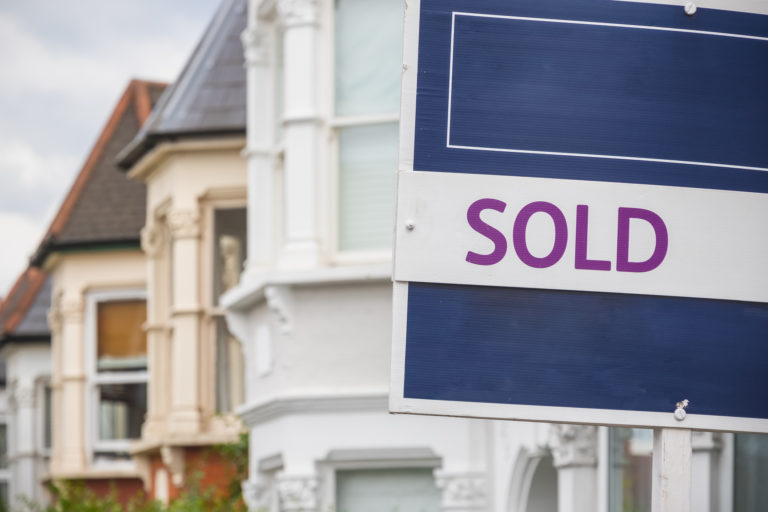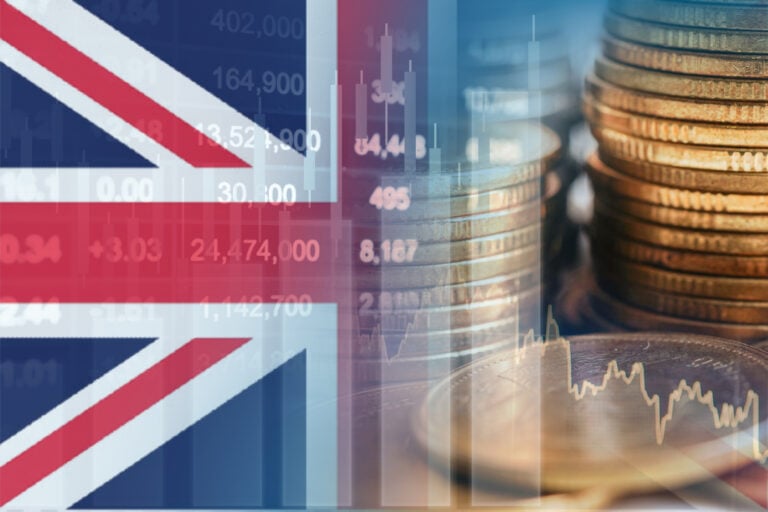During Tuesday’s opening Brexit announcement, Theresa May vowed that leaving the EU means only for a greater and “truly global Britain”.
It appears May isn’t wasting any time early on in her first term and, taking the bull by the horns, sternly informed the EU that “no deal for Britain is better than a bad deal for Britain”.
The Prime Minister may have divided opinions across the continent whilst outlining her twelve objectives for negotiation. May addressed areas such as workers rights, immigration and intelligence in a speech that not-so-subtly forewarned the EU that punishing Britain would be an “act of calamitous self-harm”.
Amongst other ambitions, May now sets her sights further afield. The PM now strives to maintain trade in Europe, whilst forming new relationships worldwide. Hinting at an imminent trading relationship with Trump’s USA, May also stated that Britain are already in talks with the likes of China, Brazil, the Gulf States, Australia and New Zealand in regards to trade deals.
A major talking point is the potential to turn Britain into a European Cayman Islands, a financial safehaven for global investors and some of the best and biggest organisations worldwide. Following on from this point, May stated that “if we were excluded from accessing the Single Market, we would be free to change the basis of Britain’s economic model”.
Whilst both Britain and the continent it sits in will be undoubtedly divided by May’s initial proposition, it provides a potential opportunity for overseas investors, whether Britain gets the deal that May hopes for or none whatsoever.
However, we’re still far from a conclusive outcome – the prime minister has simply played her first hand.
May declared that ultimately she would put “the final deal that is agreed between the UK and the EU to a vote in both Houses of Parliament, before it comes into force”, but that’s a story for another day.










